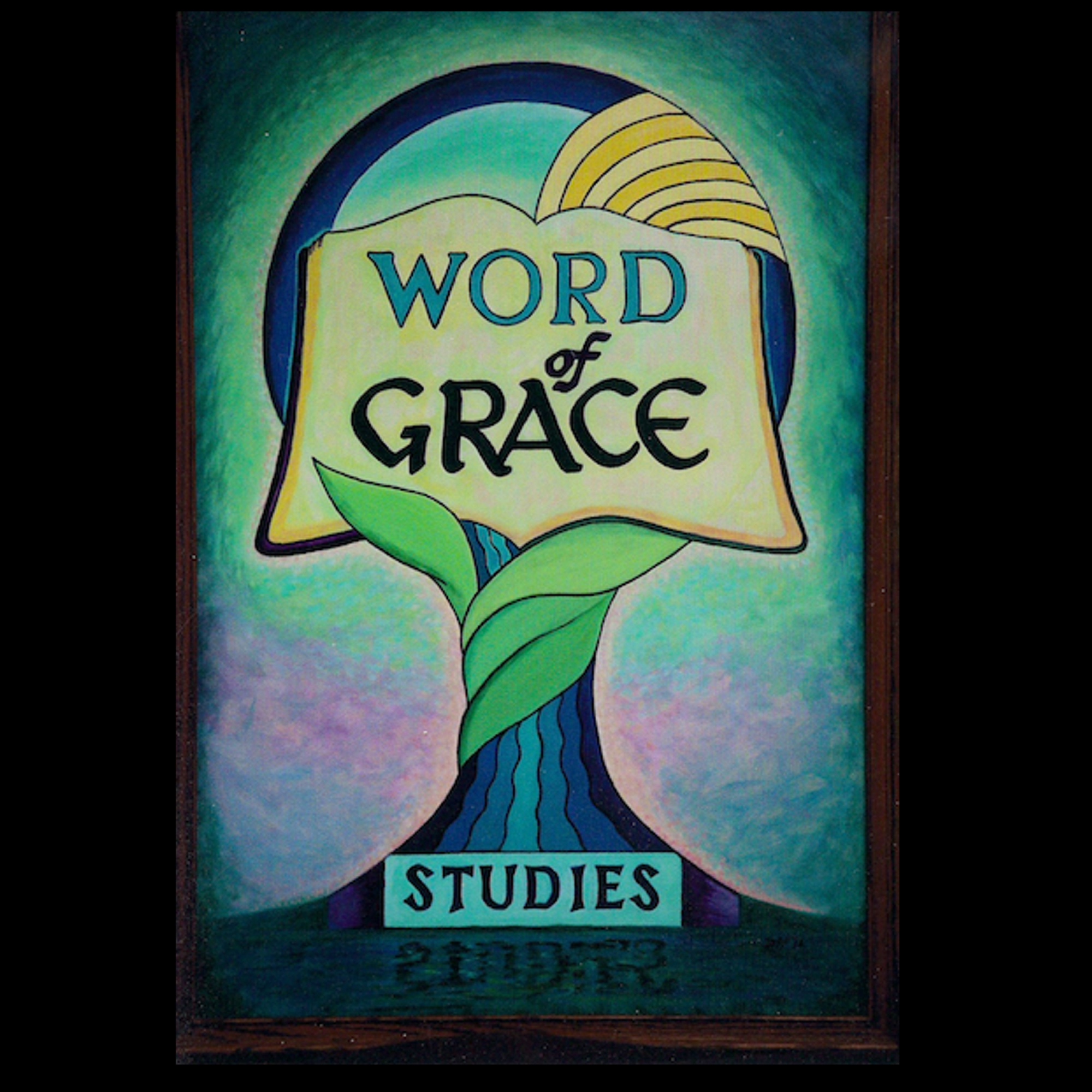Immersion (βάπτισμα)
Baptism – (βάπτισμα; βαπτίζω) Immersion. Baptism means “to immerse”. This immersion permanently impacts the object immersed, such as a garment immersed into dye.
The failure to translate this word was done early in the Church’s history through the Latin use of “Babtismus”, which is defined in English as “washing” or “sprinkling”. Having its root in the false religion of Catholicism, the meaning of the word was masked to justify theological religious practices that are not Scripturally based, such as baptizing a child by sprinkling. The issue with this definition is that the Greek Language has specific words for “washing” and “sprinkling”, showing that baptism has a different meaning.
“Washing” (λούω), involves the cleaning of the entire body. Jesus told the disciples in the upper room once a person is washed, they only need to clean their feet (John 13:10), referring to how a Christian deals with sin. We have been washed and regenerated (born again) by the Holy Spirit (Titus 3:5). This washing is through the Word to those of the Church (Ephesians 5:26) and is referring to a complete washing away of sins.
“Sprinkle” (ῥαντισμός; ῥαντίζω) is used six times in Scripture. It is what was done with the blood of animals for cleansing the earthly tabernacle (Hebrews 9:13), which was a shadow of the real temple in Heaven that was cleansed by the sprinkling of Christ’s blood (Hebrews 12:24). It is also used for Christians who have been sprinkled by the blood of Christ in the sanctifying work of the Holy Spirit, 1 Peter 1:2, and cleanses our heart from a malignantly evil conscience (Hebrews 10:22).
“Baptism” (βάπτισμα) is not actually a Christian word by origin, it was used in Koine Greek for a garment dyed, a […]
